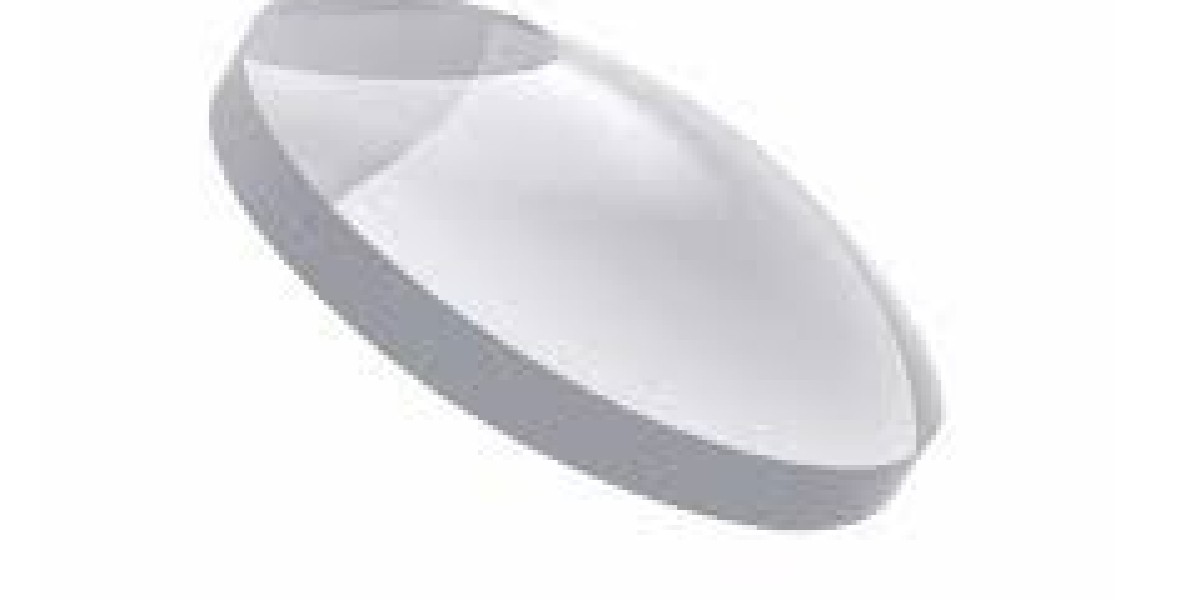A glass spherical lens is one of the most widely used optical components in imaging, lighting, and precision instruments. It is shaped with a consistent curvature on one or both surfaces, enabling it to bend and focus light effectively. These lenses are preferred in many industries due to their clarity, durability, and ability to maintain optical accuracy over time.
In this article, I will explain how a glass spherical lens works, where it is used, and the benefits it offers. If you are looking to purchase one, check out this glass spherical lens option for high-quality performance.
How a Glass Spherical Lens Works
A glass spherical lens works by refracting light rays as they pass through its curved surfaces. The curvature directs the light to a focal point, producing a clear image or beam. Depending on the design, it can be convex (converging) or concave (diverging).
Optical engineers choose specific curvatures based on the desired focal length, precision level, and application. The use of optical-grade glass ensures minimal distortion and high transmission of light.
Common Applications
Glass spherical lenses are essential in a wide range of fields, such as:
Microscopes and telescopes – For magnifying distant or tiny objects with precision.
Cameras and projectors – To focus light and produce sharp images.
Medical instruments – In endoscopes and diagnostic tools.
Industrial inspection systems – For quality control in manufacturing.
Laser systems – To focus beams accurately.
Whether in research labs or consumer electronics, these lenses provide unmatched clarity.
Benefits of Using Glass Spherical Lenses
High optical clarity – Delivers sharp and accurate images.
Durability – Glass resists scratching and temperature changes better than many plastics.
Versatility – Works for both imaging and illumination.
Cost-effectiveness – Widely available and long-lasting.
Precision manufacturing – Modern polishing techniques produce exact curvature for consistent results.
If you need reliable optical performance, consider a professionally crafted glass spherical lens for your project.
Conclusion
The glass spherical lens remains a critical component in optics, thanks to its ability to focus light accurately, resist wear, and maintain optical integrity. From scientific research to everyday photography, its role is unmatched. When selecting a lens, ensure it meets the right specifications for your application to achieve optimal results.







